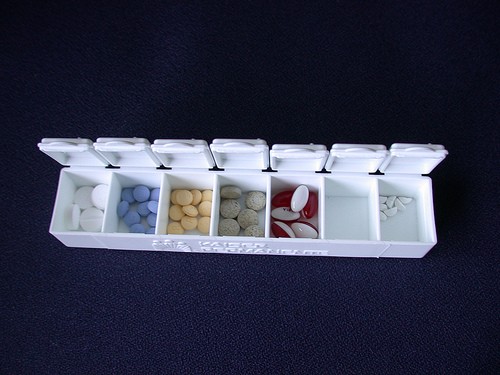
Generic medicines for diabetes, which is easily available, could prevent a person from having Alzheimer's later on in life, according to a new study done in Germany.
Although earlier researches have shown that pioglitazone - a pill widely used by type-2 diabetes patients - reduces the risks of Alzheimer's, the study is still ongoing, and the researchers say that it may take at least five years to obtain conclusive proof of these findings.
However, they do say that this simple medication could not only cure Alzheimer's but also various other types of dementia.
This particular medicine is currently being sold under the name of Actos, and is manufactured by Japanese firm Takeda Pharmaceutical Co Ltd. The researchers tracked a German database, consisting of around 146,000 patients, who were all aged 60 or above. These patients did not have dementia at the initial stages. The researchers tracked these patients, through the database from 2004 to 2010.
The results showed that almost 14,000 patients went on to develop dementia, which means that use of pioglitazone reduces the risk of Alzheimer's and other forms of dementia by around 90 percent.
The drug was prescribed by the researchers on a three-month basis, and they found that with the completion of every three months, the probability of the patient getting Alzheimer's or some other forms of dementia has reduced substantially.
"The long-term use of pioglitazone reduces the risk of dementia incidence," said Anne Fink, a researcher at the German Center for Neurodegenerative Diseases (DZNE), who published the research on their website. The pioglitazone helped to reduce the inflammation in the nervous system and the brain, which in turn helped to put a check on Alzheimer's.
But Fink also said that these could be caused by the other effects from pioglitazone as well.
"It's actually almost surprising to me that the lowering of the relative risk was so weak," said Ben Wolozin, Professor at the Boston University of Alzheimeras Disease Center, in an interview with Bloomberg Businessweek.
Earlier studies on similar issues have proved that among the people who have type 2 diabetes, those who have much lower blood sugar control are much more likely to be driven into dementia later on in their life. Also, tests have shown that patients who have been taking the prescribed dose of Actos, have a 20 percent lower risk of getting Alzheimer's, than the patients who took the dose of insulin.
One year ago, Takeda collaborated with Zinfandel Pharmaceuticals Inc, to research the effects of low doses of pioglitazone on people with type 2 diabetes, and to find out whether it delays a person getting Alzheimer's. These two companies have tied up for a term of five years to research this possibility.
















